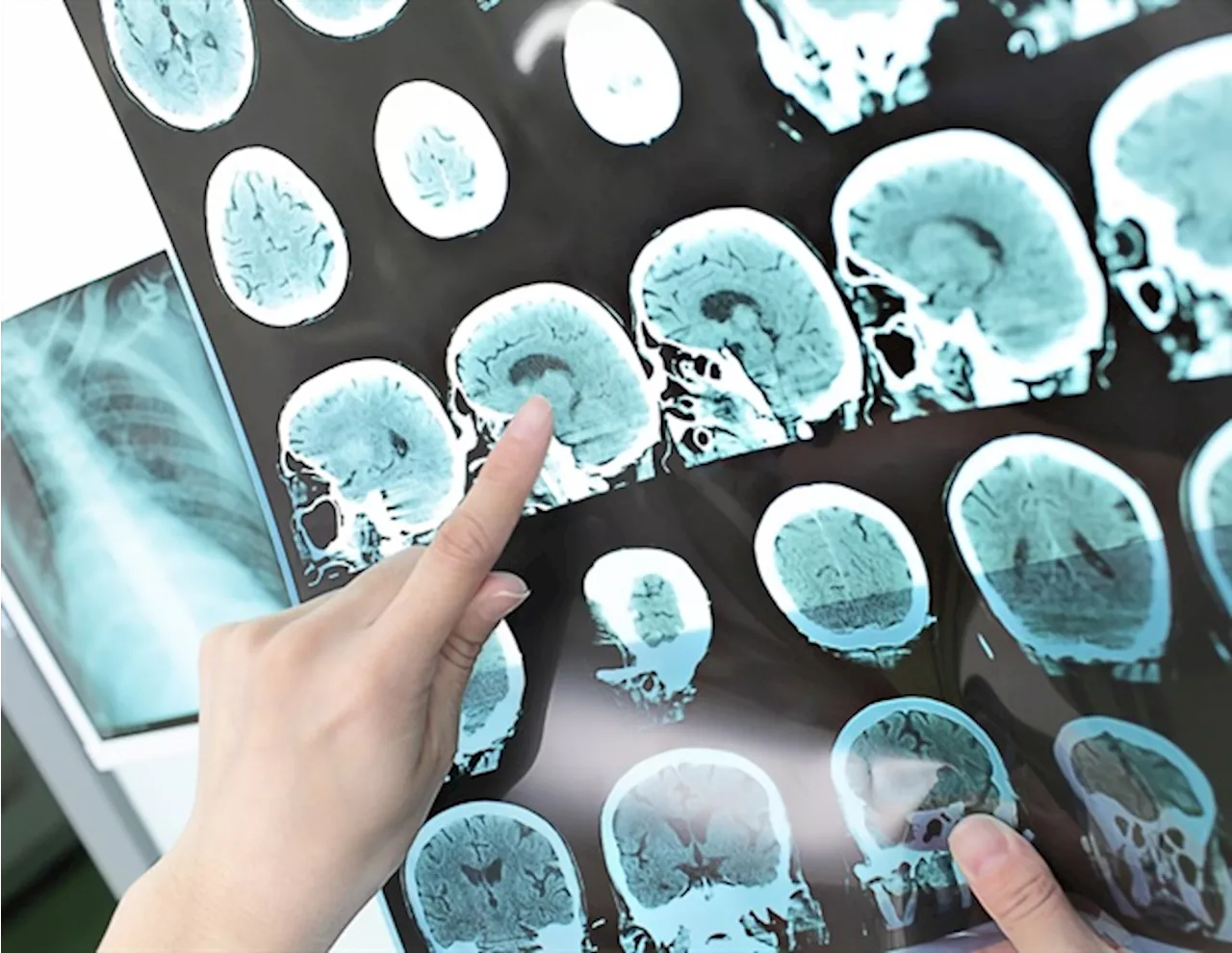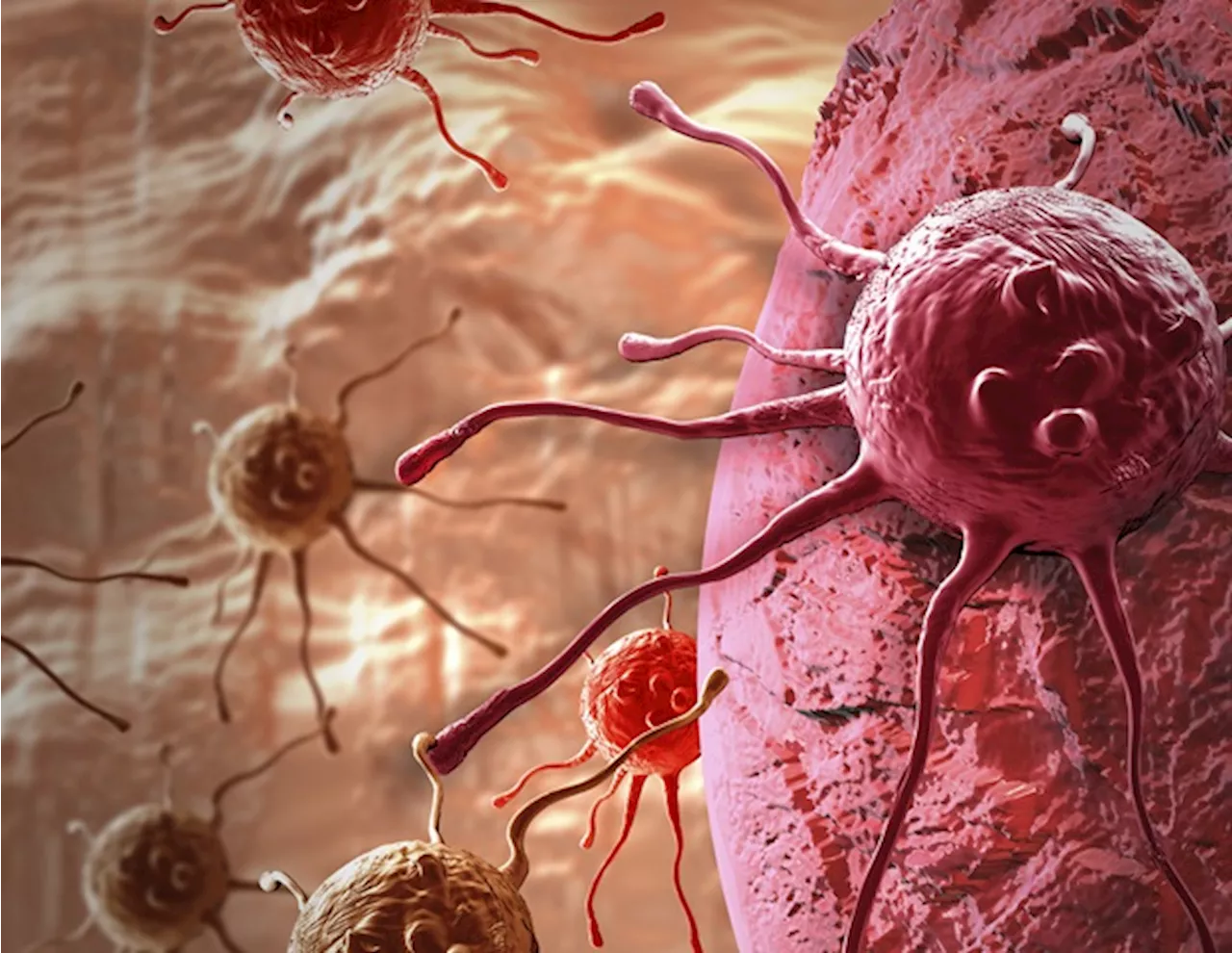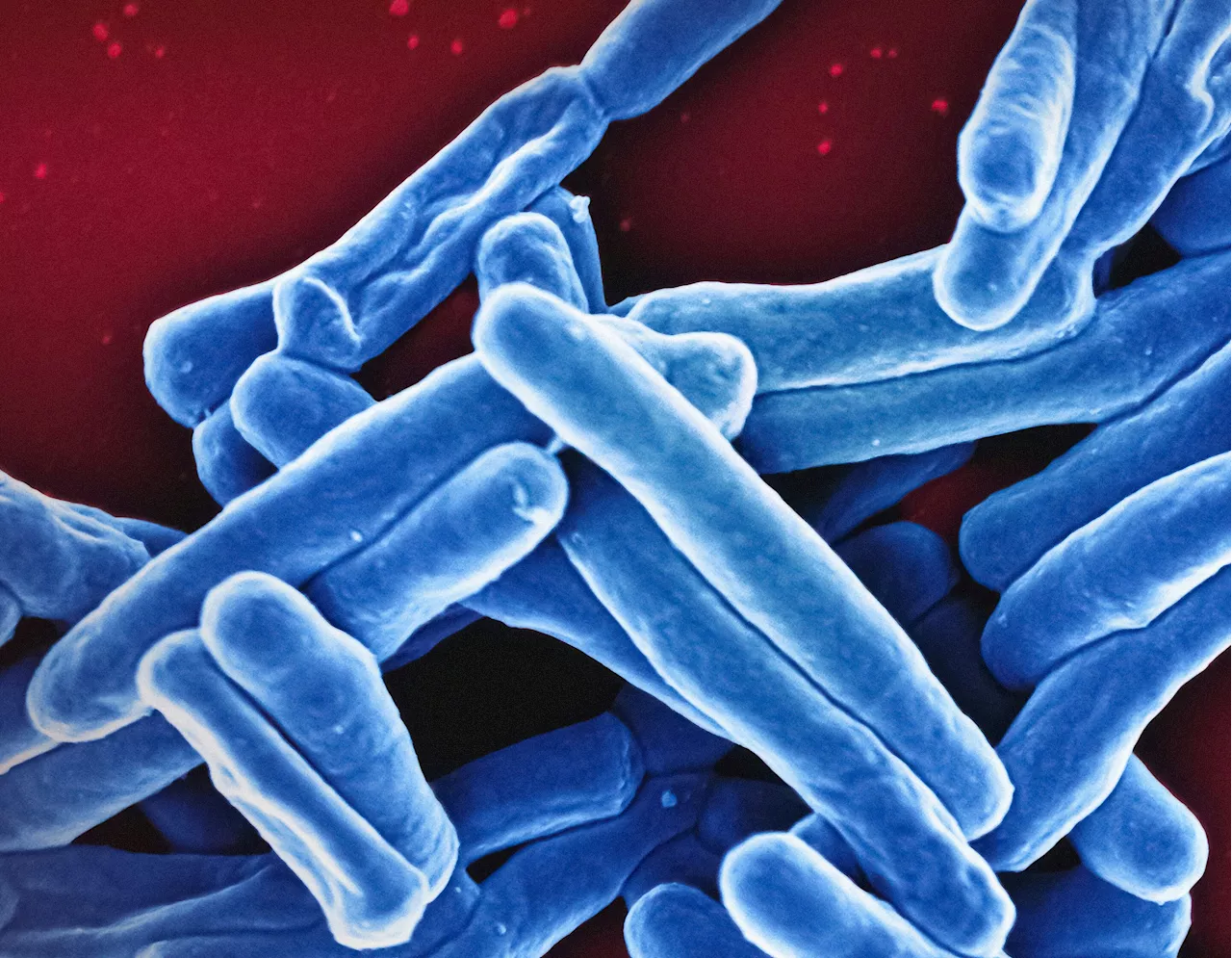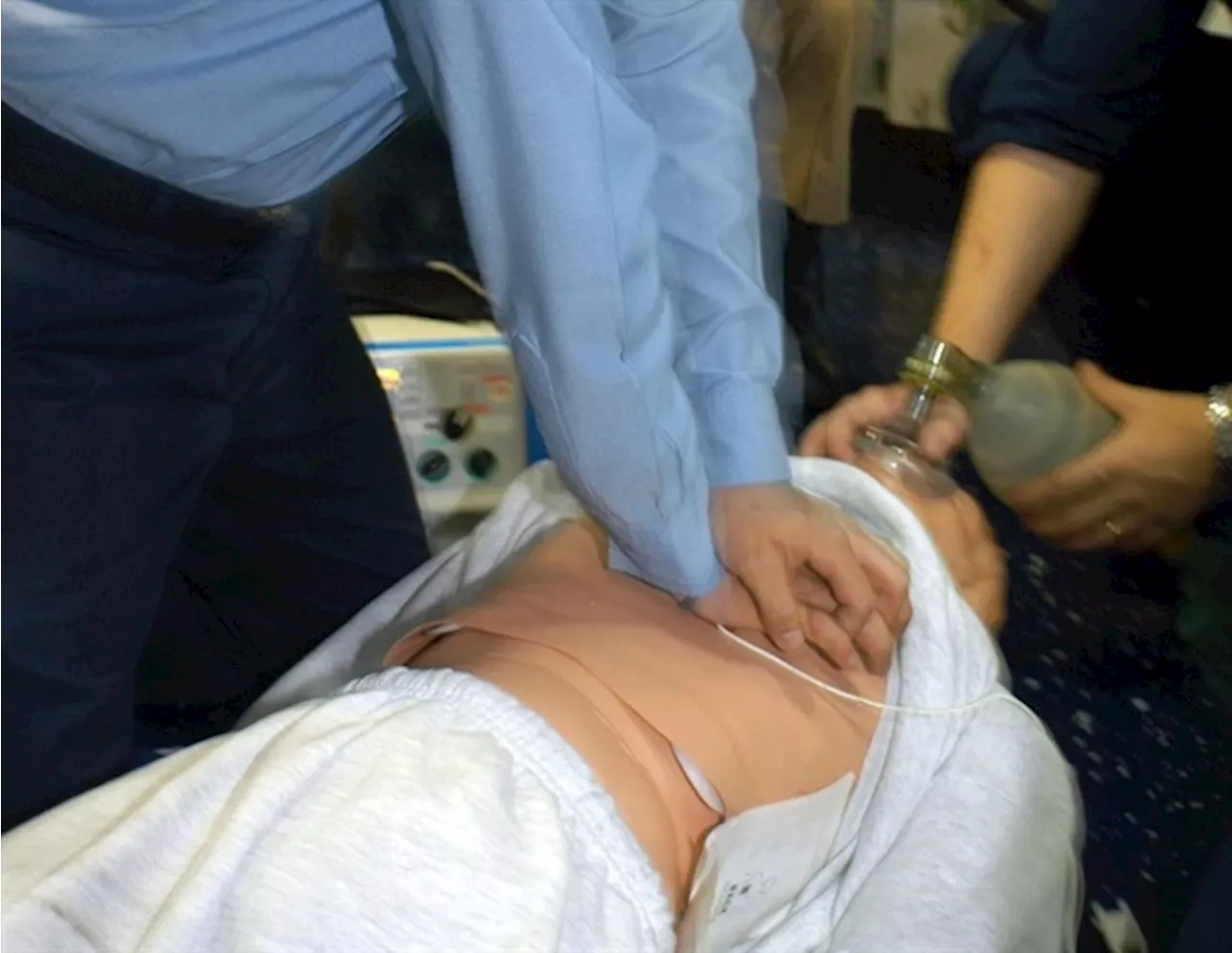It is well known that acting quickly in the event of a cardiac arrest is important, but what does a quick initial shock with a defibrillator mean exactly for patients' chances of survival? Researchers from Amsterdam UMC analyzed the data of 3723 patients who had a cardiac arrest outside the hospital and concluded that for the first shock, every...
Amsterdam University Medical CenterOct 28 2024 It is well known that acting quickly in the event of a cardiac arrest is important, but what does a quick initial shock with a defibrillator mean exactly for patients' chances of survival? Research ers from Amsterdam UMC analyzed the data of 3723 patients who had a cardiac arrest outside the hospital and concluded that for the first shock, every minute reduces the chance of survival by 6%.
Our research shows that every minute of delay in giving the first shock has a major impact. If the first shock was given within six minutes, it was possible in 93% of the cases to stop the heart rhythm disorder ventricular fibrillation - which causes the cardiac arrest. If the initial shock was delayed and was only given after more than 16 minutes, for example, this percentage dropped to 75%.
Since 2005, the ARREST study has been collecting detailed data on resuscitation in North Holland in collaboration with emergency services and hospitals. For this specific study, data was gathered from those who had suffered a cardiac arrest, caused by VF, in the presence of a witness. This allowed the time from the emergency call to the first shock to be determined very accurately and, thus, the impact from the time to the first shock to be analysed.
Related Stories"After a successful shock , VF is terminated and changes to a normal heart rhythm or a completely absent heart rhythm . In our study, a shorter delay to the first shock also led more often to a normal heart rhythm of your own. After a successful shock, VF may reoccur, requiring another shock. The chance of this also decreased with a shorter time to first shock," says Christian van der Werf, cardiologist and researcher at Amsterdam UMC.
By investing in the entire chain with the aim of shortening the duration from the emergency call to the first shock, outcomes after cardiac arrests can be improved. "In the Netherlands, a lot of work is being done to achieve a quick initial shock through the deployment of first responders and many available AEDs, but in 3 out of 4 resuscitations in our study, we did not reach those six minutes.
Defibrillator Heart Hospital Research
United Kingdom Latest News, United Kingdom Headlines
Similar News:You can also read news stories similar to this one that we have collected from other news sources.
 New prediction model helps identify epilepsy risk after strokeResearchers from 15 countries, led by Amsterdam UMC, have developed a way to predict which patients are at risk of epilepsy after a cerebral venous sinus thrombosis (CVT).
New prediction model helps identify epilepsy risk after strokeResearchers from 15 countries, led by Amsterdam UMC, have developed a way to predict which patients are at risk of epilepsy after a cerebral venous sinus thrombosis (CVT).
Read more »
 Researchers uncover genetic link between bipolar disorder type I and epilepsyA team of researchers from the Chinese Academy of Sciences has uncovered compelling evidence of a genetic link between bipolar disorder type I (BD-I) and epilepsy, potentially revolutionizing our understanding of these complex neuropsychiatric conditions.
Researchers uncover genetic link between bipolar disorder type I and epilepsyA team of researchers from the Chinese Academy of Sciences has uncovered compelling evidence of a genetic link between bipolar disorder type I (BD-I) and epilepsy, potentially revolutionizing our understanding of these complex neuropsychiatric conditions.
Read more »
 Researchers question the use of 'cancer' for certain prostate conditionsA new paper in the Journal of the National Cancer Institute, published by Oxford University Press, indicates that patients may benefit if doctors stop calling certain early-stage changes to the prostate 'cancer' at all.
Researchers question the use of 'cancer' for certain prostate conditionsA new paper in the Journal of the National Cancer Institute, published by Oxford University Press, indicates that patients may benefit if doctors stop calling certain early-stage changes to the prostate 'cancer' at all.
Read more »
 Researchers suggest rethinking 'cancer' label for early-stage prostate changesA new paper in the Journal of the National Cancer Institute indicates that patients may benefit if doctors stop calling certain early-stage changes to the prostate 'cancer' at all. The paper is titled 'When is prostate cancer really cancer?'.
Researchers suggest rethinking 'cancer' label for early-stage prostate changesA new paper in the Journal of the National Cancer Institute indicates that patients may benefit if doctors stop calling certain early-stage changes to the prostate 'cancer' at all. The paper is titled 'When is prostate cancer really cancer?'.
Read more »
 Researchers discover mechanism driving immune perturbations after severe infectionsResearchers at Baylor College of Medicine and collaborating institutions have discovered a mechanism that drives the long-term decline in immune response that is observed after tuberculosis (TB) has been successfully treated.
Researchers discover mechanism driving immune perturbations after severe infectionsResearchers at Baylor College of Medicine and collaborating institutions have discovered a mechanism that drives the long-term decline in immune response that is observed after tuberculosis (TB) has been successfully treated.
Read more »
 Researchers identify shared genetic variants between testosterone traits and PCOSA genome-wide study reveals significant genetic overlap between polycystic ovary syndrome and testosterone-related traits, highlighting shared causal variants.
Researchers identify shared genetic variants between testosterone traits and PCOSA genome-wide study reveals significant genetic overlap between polycystic ovary syndrome and testosterone-related traits, highlighting shared causal variants.
Read more »
